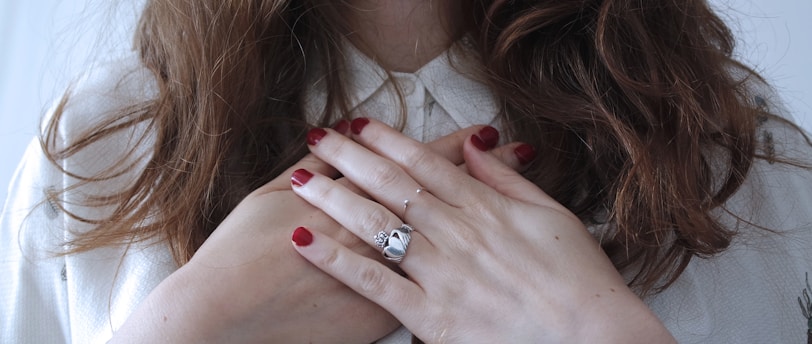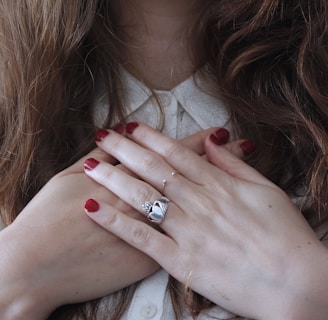Finding compassion for yourself
Self-compassion might be confusing to children, but don't let that stop you from teaching it early.


Interests in puzzles comes and goes in this house. But recently both kids have been on a puzzling binge. My kindergartener has been obsessed with doing every one we own, from the fewest pieces to the biggest, which right now is 100. After completing her last puzzle she asked, what comes after 100? I wasn't sure, but guessed 150 and she quickly and confidently said, that's the one I need.
Her sister, who's 8, has been working on a 300 piece puzzle, but even I found it challenging. It is in black and white (with some silver) and after you complete it, it's a color by number picture. I helped her sort the pieces into sections I thought would make it easier, but it was still very hard. She refused to wait until it was complete to color it, so she would color each piece as she put it in. Personally, I thought it made it harder to fit a black and white piece against a colored piece. One day she just broke down. "It's too hard, I can't do it, I'm terrible at this!"
I stopped her right there and said, "Yes, this is a very HARD puzzle, even for me. For some reason the lack of color makes it way more challenging...however, if this was your sister struggling with a puzzle would you tell her she can't do it? Would you tell her she's terrible at doing puzzles?"
This stopped her in her tracks, which is saying something because once she gets defeated she spirals and tunes out everything. She looked at me like I had lost my mind and said with disgust and confusion, "No! Of course not, that's rude." I sighed and gave her a little hug, "If it's rude to say to her, why are you being rude to yourself?"
She looked at me again like I've got play doh for brains. She couldn't find words for this nonsense, but she was contemplating it.
Self Compassion is the practice of treating yourself as you would a close friend. Instead of judging, blaming, or criticizing, you acknowledge the frustration then comfort yourself. It is human to make mistakes or forget. Learning is a process that includes failure (sometimes repeatedly). Forgetting (or denying ourselves) these universal truths keeps us locked in a state of shame and defeat.
Self-compassion is a hard concept for adults, but even harder for children. Yet, it is incredibly important we introduce them to it now. She is excellent at dishing compliments and compassion to others, but can't seem to give it to herself.
As I work on improving this skill, I'm teaching her how to do it. When I forget something or make a mistake, I make a point to say out loud two things. 1) acknowledge the pain/frustration/anger 2) express my next step
Use simple phrases like:
I can find a way to make this better
I'm only human and we all goof up
I'll have to make the best of it
This isn't impossible, I just have to work it out
I need to take a break, and try again
These stories are the inspiration of my book. I'm living it and practicing it every day. I'm not writing a book on how to be a perfect parent. I'm writing about how to parent without the pressure of perfection.
Christina Corcoran© 2023
